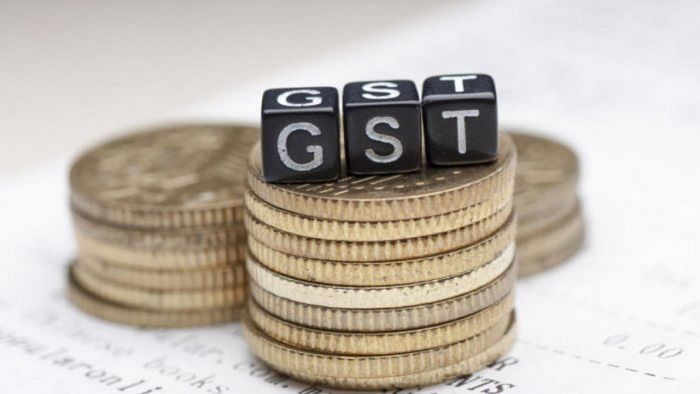
With a number of states going to polls in the run-up to the Lok Sabha elections 2024, the Centre may delay the overhaul of taxes under the goods and services tax (GST) structure until the end of next fiscal year, according to a report by the Business Standard.
Some of the members of the group of ministers (GoM) who oversee the rationalisation of GST rates come from poll-bound states. It is currently led by Karnataka Chief Minister Basavaraj Bommai. Karnataka will go to polls in a single-phase election on May 10 and the counting will be held on May 13.
"No major overhaul of tax rates is expected in GST until the end of next fiscal year. One major reason for this is that some members of the group of ministers (GoM) — mandated to look at rate rationalisation by the GST Council — are from poll-bound states. Later, this may lead to reconstitution of the panel," a senior government official told the publication.
The official added that both the Centre and states believe that any major change should be brought in after extensive deliberations. Hence, they are not in favour of frequent changes in the tax rates amid inflationary uncertainties.
The seven-member (GoM) panel is said to have met only three-four times and apprised the Council about the status of the report.
"There was a lack of consensus on rationalising tax structure, especially on raising the lower threshold to 7 per cent from the current 5 per cent and doing away with the 12 per cent bracket. Some members were of view that the 12 per cent bracket contributes the least to revenues," one of the panel members told the publications.
Currently, the GST has four tax slabs of 5 per cent, 12 per cent, 18 per cent, and 28 per cent. Essential items are either exempted or taxed at the lowest slab, while luxury and sin items (like cigarettes, alcohol, gambling) attract the highest tax rate. Besides, a cess is imposed on the highest slab of 28 per cent on luxury, demerit and sin goods.